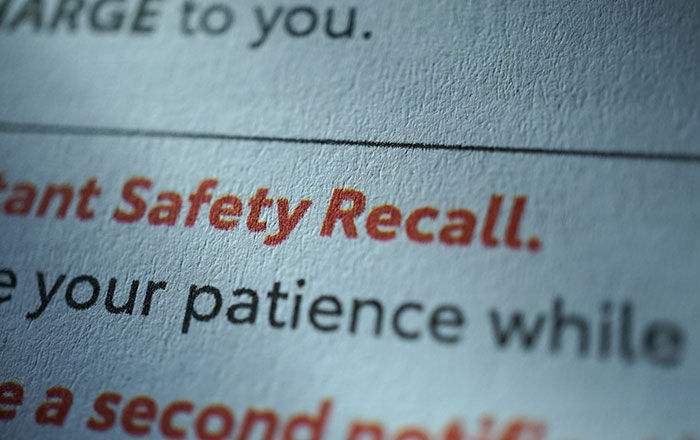
The personal injury lawyers at McWhirter, Bellinger & Associates are reviewing potential lawsuits linked to WanaBana apple cinnamon fruit purée and two supermarket applesauce brands made by WanaBana, after it was discovered that some pouches of the children’s snacks contained lead and were potentially linked to lead poisoning.
FDA recalls WanaBana products
In November 2023, Wanabana voluntarily recalled the following products due to reports of elevated levels of lead found in some snack pouches:
- WanaBana apple cinnamon fruit purée pouches (sold at multiple retailers such as Amazon, Dollar Tree, Family Dollar, and other outlets)
- Schnucks cinnamon applesauce pouches (sold at Schnucks and Eatwell Markets grocery stores)
- Weis cinnamon applesauce pouches (sold at Weis grocery stores)
The FDA said its testing of cinnamon used in the children’s snacks were found to have “extremely high levels of lead,” about 2,000 times higher than proposed international standards from the United Nations’ Food and Agriculture Organization.
Officials in Ecuador – where the WanaBana products are made – say they have identified Carlos Aguilera of Ecuador, the processor of the cinnamon, as the likely source of contamination.
As of February 2024, the CDC had received hundreds of reports of lead poisoning from 43 states, including South Carolina.
All of the cases collected by the CDC met the agency’s criteria of a blood lead level of 3.5 ug/dL or higher, measured within three months after consuming a recalled WanaBana, Schnucks, or Weis brand fruit purée product after November 2022.
The FDA has stated that consumers should not eat, sell, or serve the recalled snack pouches and should properly discard them. It has also stated that the lead contamination may have been intentional and “economically motivated.”
Understanding Lead Toxicity
Lead is toxic to all humans, but children under the age of six are particularly susceptible to lead toxicity because their bodies are still developing and growing rapidly.
Lead poisoning in children can cause:
- Damage to the brain
- Developmental delays
- Kidney damage
- Nervous system damage
- Seizures
- Unconsciousness
- Headache
- Abdominal pain
- Colic
- Vomiting
- Anemia
- Irritability
- Lethargy
- Fatigue
- Muscle aches
- Muscle prickling
- Muscle burning
- Constipation
- Difficulty concentrating
- Muscular weakness
- Tremors
- Weight loss
However, it is important to note that most children do not have immediate symptoms following lead poisoning, and there is no safe level of lead. It is important to consult with a healthcare provider if you believe you or your child were exposed to lead, even if there are no immediate symptoms.
What are WanaBana lawsuits alleging?
Product liability lawsuits against WanaBana are stating that the company brands their products as being safe for children, containing only fruit and “no added sugar,” and displays numerous certifications from international product safety organizations, but fails to mention any risk of lead contamination.
Without any warning against lead or high levels of chromium (which the FDA also discovered the products to contain), parents trusted the “kid-friendly” products and felt safe serving them to their children. The lawsuits allege that the product’s lack of safety warning has endangered the lives of developing children.
Has your child developed lead poisoning after eating WanaBana products?
If your child has developed lead poisoning after eating recalled WanaBana products, you may be entitled to compensation. It is highly recommended that you contact a skilled personal injury attorney who can listen to the details of your case and advise you on your next steps.
The skilled lawyers at McWhirter, Bellinger & Associates have been representing clients in product liability cases for more than 40 years. Our law firm has seven offices across the Midlands of South Carolina, and we would be happy to provide you with a free case evaluation.
Give McWhirter, Bellinger & Associates a call today at 803-836-9148. It won’t cost you anything to see if we can help.®















